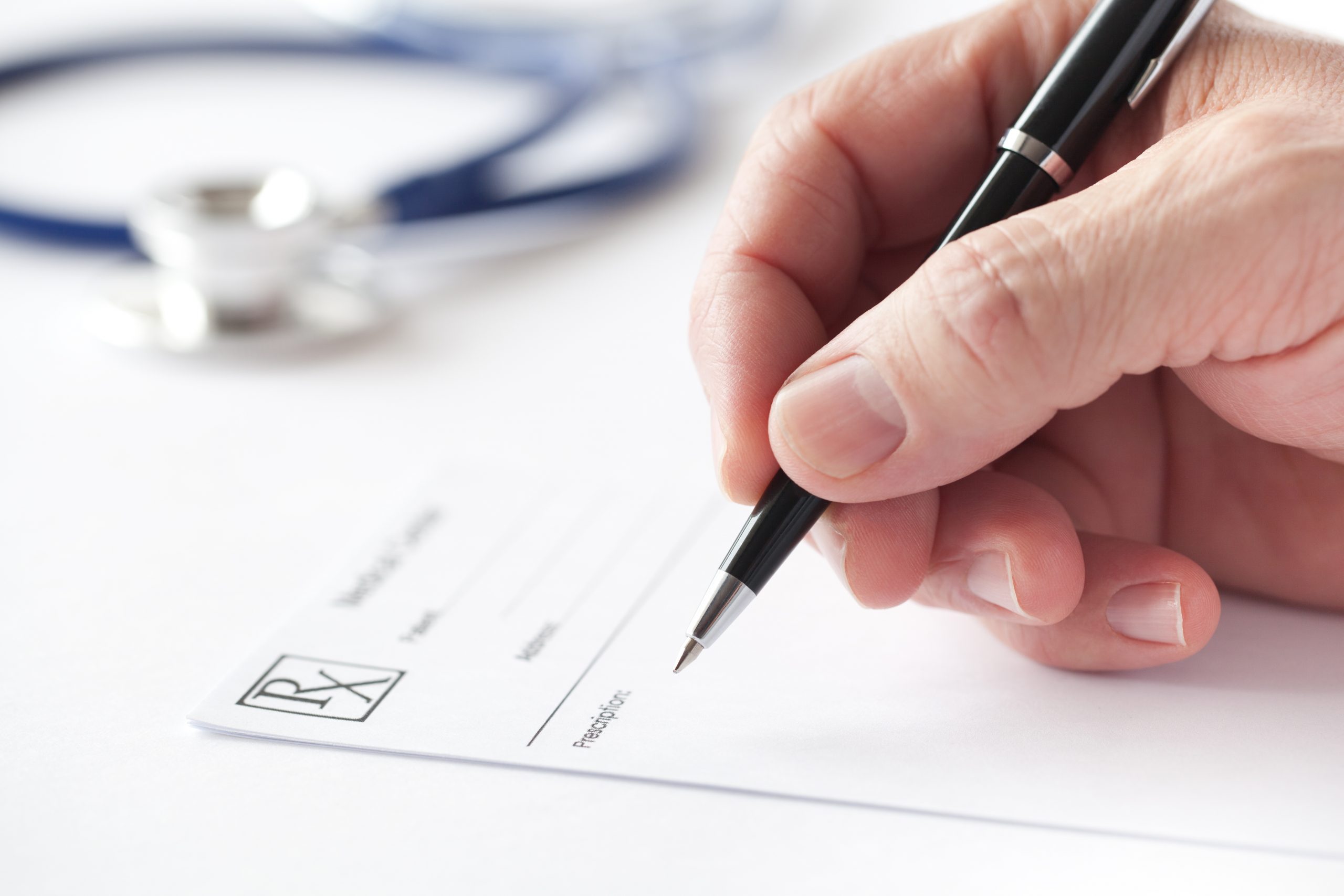Medication-Assisted Treatment (MAT) in Lexington, KY

Medication-Assisted Treatment (MAT) consists of medical visits with a certified physician to determine your diagnosis and to manage your treatment plan. Additional providers including our counselors and case managers will provide behavioral health appointments and counseling visits.
After being diagnosed you will see your doctor, counselor, and case managers on a regular basis as they manage your treatment.
Our MAT program in central Kentucky provides an evidence-based approach to addiction treatment. Unlike an abstinence-based cold-turkey approach, medication-assisted treatment utilizes medication to ease withdrawal symptoms and cravings that accompany addiction and chemical dependency. This can help patients quickly and more easily transition into a recovery lifestyle.
Is MAT Just A Replacement For My Addiction?
A common misconception is that MAT is “substituting one addiction for another.” This claim is simply false and ignores the difference between addiction and chemical dependency. Addiction is characterized by compulsive engagement in rewarding stimuli despite adverse consequences. Chemical dependency, on the other hand, is a physical dependency on a chemical that can result in withdrawal symptoms, such as cold sweats or tremors.
The medications used in MAT do not provide rewarding stimuli, such as alcohol or heroin. Instead, these medications help replace the physical dependency of one’s addiction. The result is decreased risky behavior, consequences, and withdrawal symptoms. To put it simply, physical dependency does not always equate to addiction.
A common goal in MAT programs is complete abstinence, but this not always the case. Doctors and counselors will work on your case to determine a path that makes the most sense for you. Many participants engage in a tapering program, where they slowly taper off of their medication until they reach complete abstinence. This enables participants to reach abstinence in the most painless way possible. It also increases the rates of patient participation in other treatment activities such as group counseling, individual counseling, and support. MAT also enables participants to secure a steady job, strengthen family relations, focus on hobbies, and other activities that couple successful recovery.
MAT For Heroin and Other Opioids in Lexington
A common medication used for heroin or opioid addiction is buprenorphine, commonly called by the brand name Suboxone. Buprenorphine is a partial opioid agonist that “tricks” the brain to think its opiate dependency is being met. This eliminates withdrawal symptoms and can significantly reduce cravings. Buprenorphine can be administered in various ways, such as lozenge, tablet, or implant. Some studies of buprenorphine report success rates as high as 40-60%, measured by treatment retention and one-year sobriety.
Another common medication is Vivitrol. Vivitrol is a monthly injection that completely blocks the effects of opioids. Vivitrol does not curb withdrawal symptoms, but it can decrease opiate cravings and prevent a relapse into addiction.
MAT For Alcohol Addiction in Lexington
There are also various medications that can be used to aid in alcohol abstinence. Naltrexone is a common medication that decreases alcohol cravings and mitigates the pleasurable effects of alcohol, which can prevent a full relapse into addiction.
Other medications, such as benzodiazepines, can be utilized to taper a patient off of alcohol and eliminate the symptoms of alcohol withdrawal.
Start Your Recovery Today
If you would like to learn more about medication-assisted treatment, give us a call today! We can examine your case and provide you a roadmap for recovery. This is just a brief overview of MAT. Our addiction experts and physicians can provide a multitude of treatment options for your specific diagnosis.
If you’re unsure whether you have a problem with alcohol or drugs, please give us a call. Our staff is standing by to answer any questions you may have.
Commonly Abused Opiates:
- Percocet
- Hydrocodone
- Oxycodone
- Morphine
- Codeine
- Fentanyl
- Heroin
“HEALING DOES NOT MEAN THE DAMAGE NEVER EXISTED. IT MEANS THE DAMAGE NO LONGER CONTROLS OUR LIVES.”
